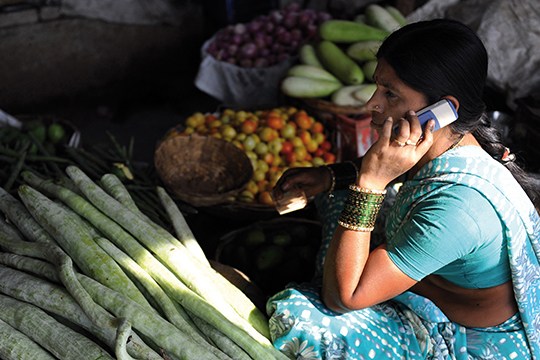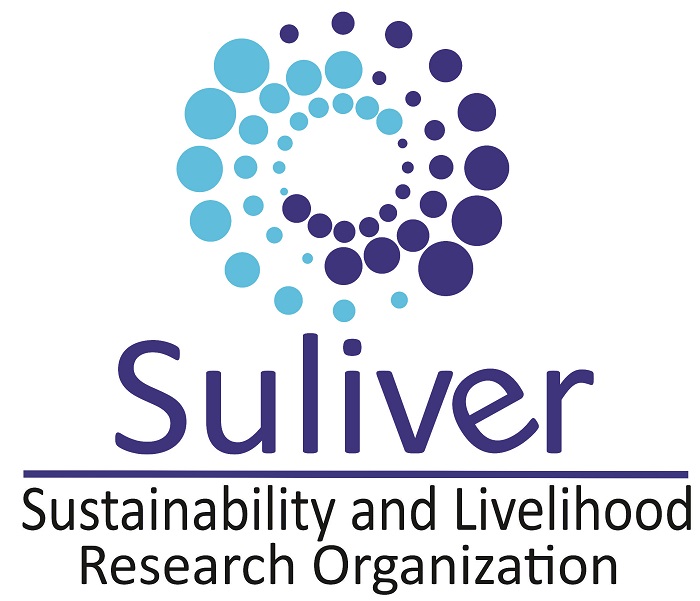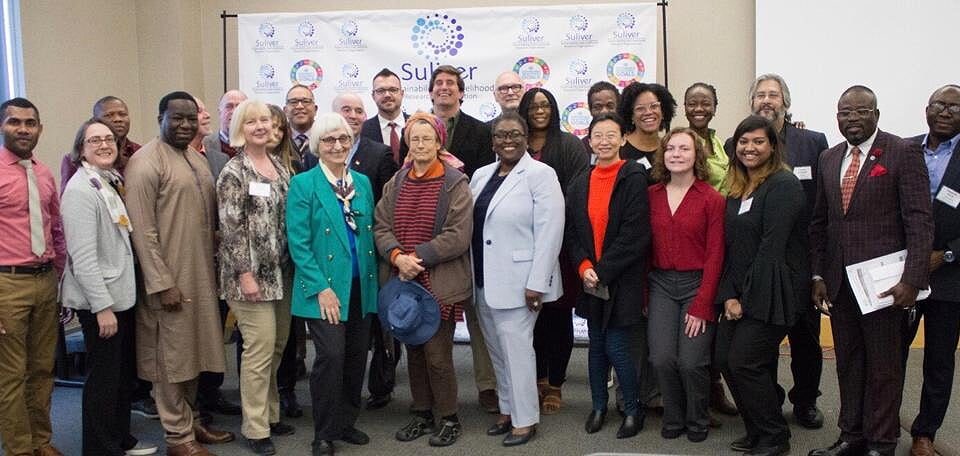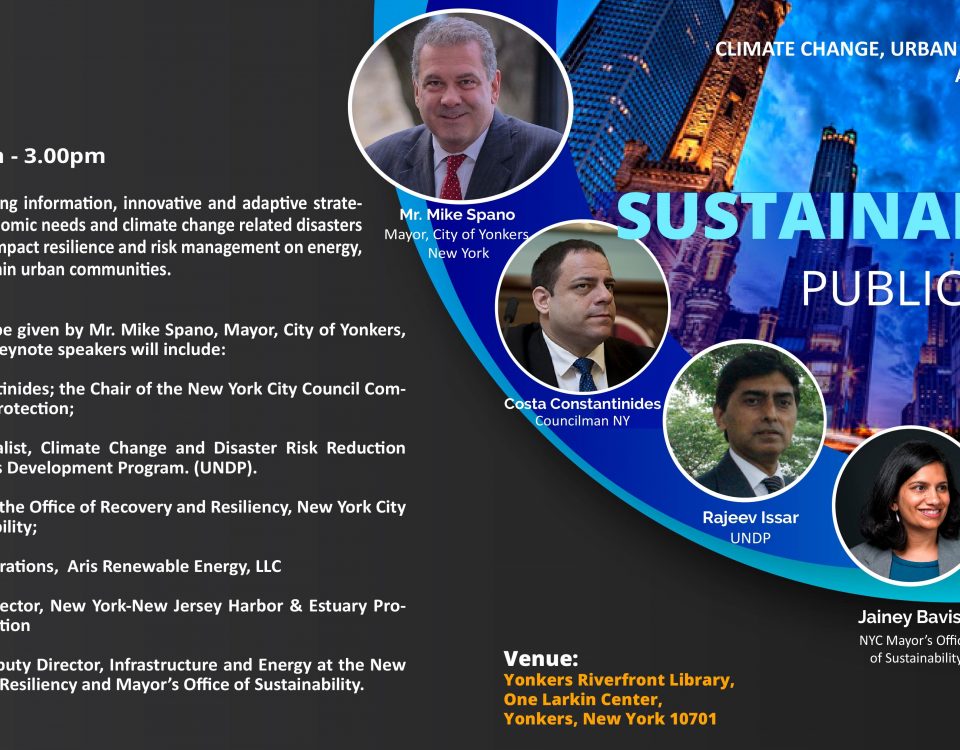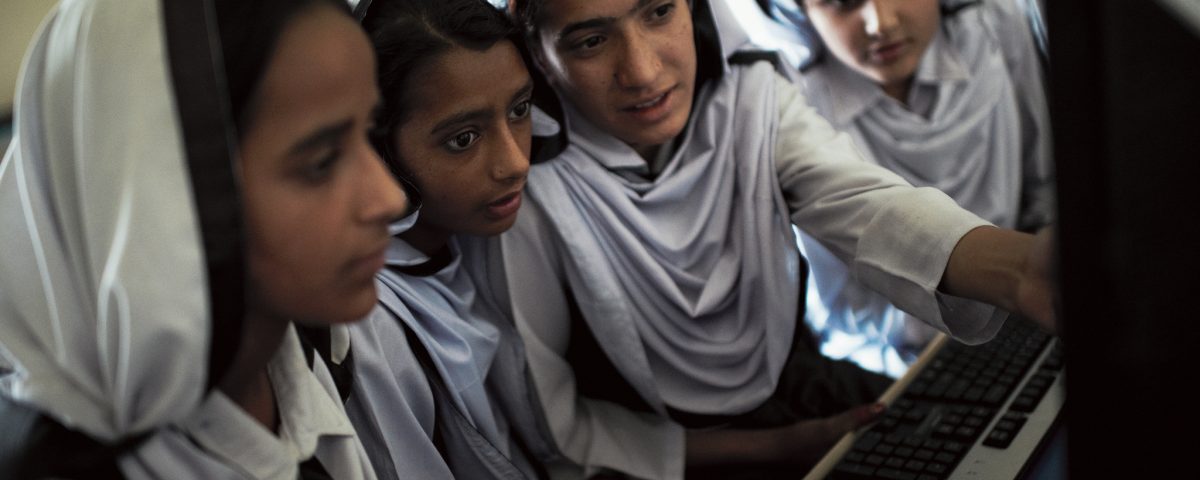
.
ICTs and the Sustainable Development Goals
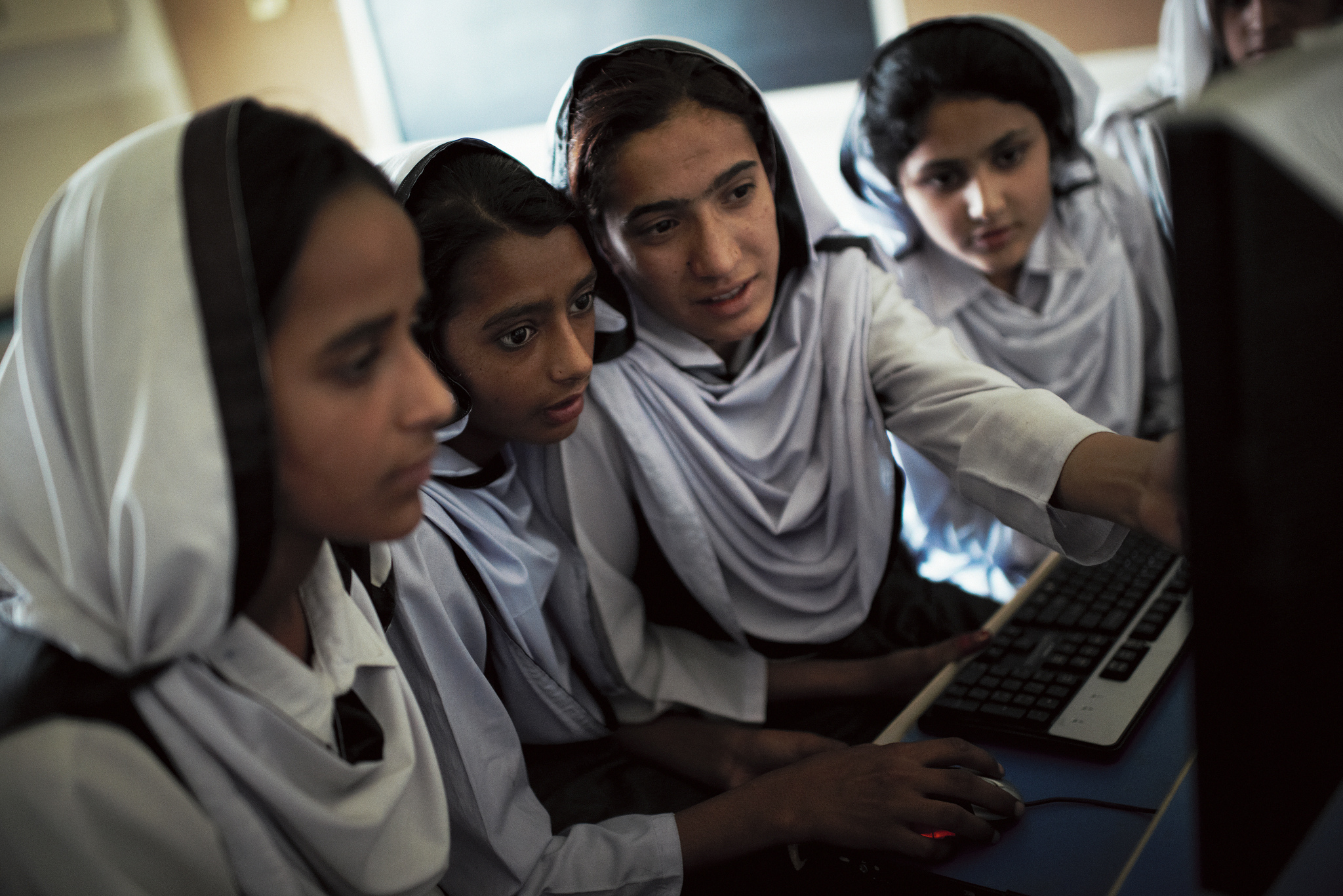
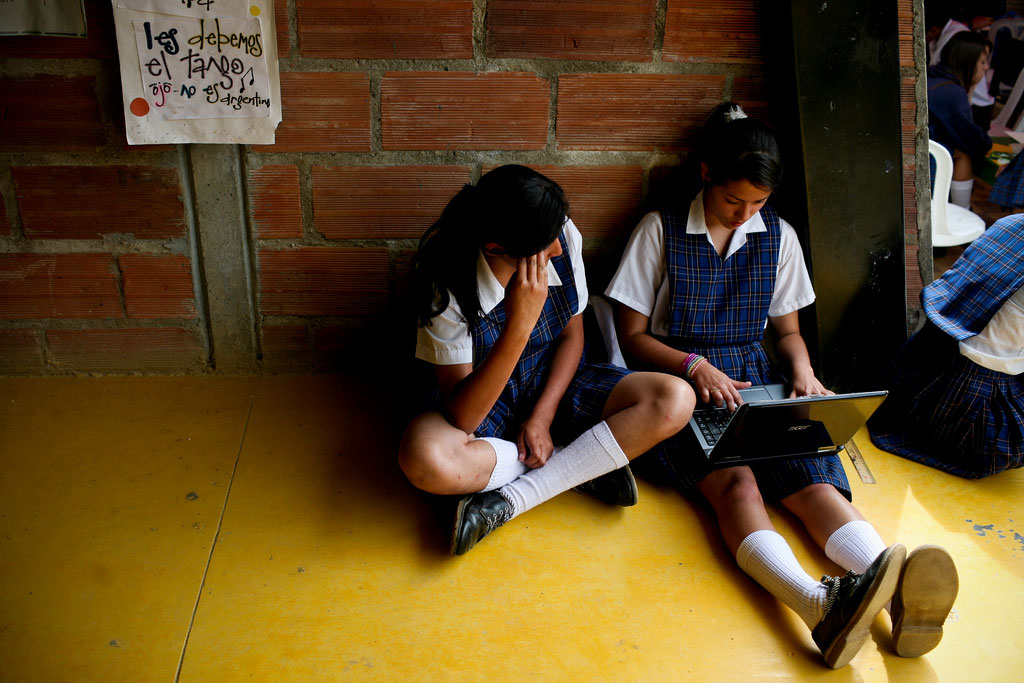
This is the basis for the recognition of the important role of ICTs in the achievement of the 2030 Agenda for Sustainable Development. Despite their few weaknesses, modern ICTs such as computers, smartphones and numerous software transformed modern societies and human interactions thereby bringing about unprecedented progress in the history of humankind. As part of Sustainable Development Goals (SDGs) in education (Goal 4), gender equality (Goal 5), and infrastructure for universal and affordable access to the Internet (Goal 9), the member states of the United Nations recognize the transformative power of knowledge and information. The unhindered ability to receive and spread knowledge and information is acknowledged as the driving power behind the implementation of SDGs from the remote communities in the Himalayan mountains to those in the Amazon rain forest.
As noted by the Internet Governance Forum (IGF, 2012), this boils down to the provision of the critical infrastructure, the mobile Internet and innovation, human empowerment, the free flow of information, and multilingualism. Unfortunately, most members of the United Nations, especially those in the Global South do not have the capacity in terms of hard infrastructure, regulatory frameworks and essential set of skills to exploit the potential of ICTs for the implementation of all 17 SDGs and human progress.
